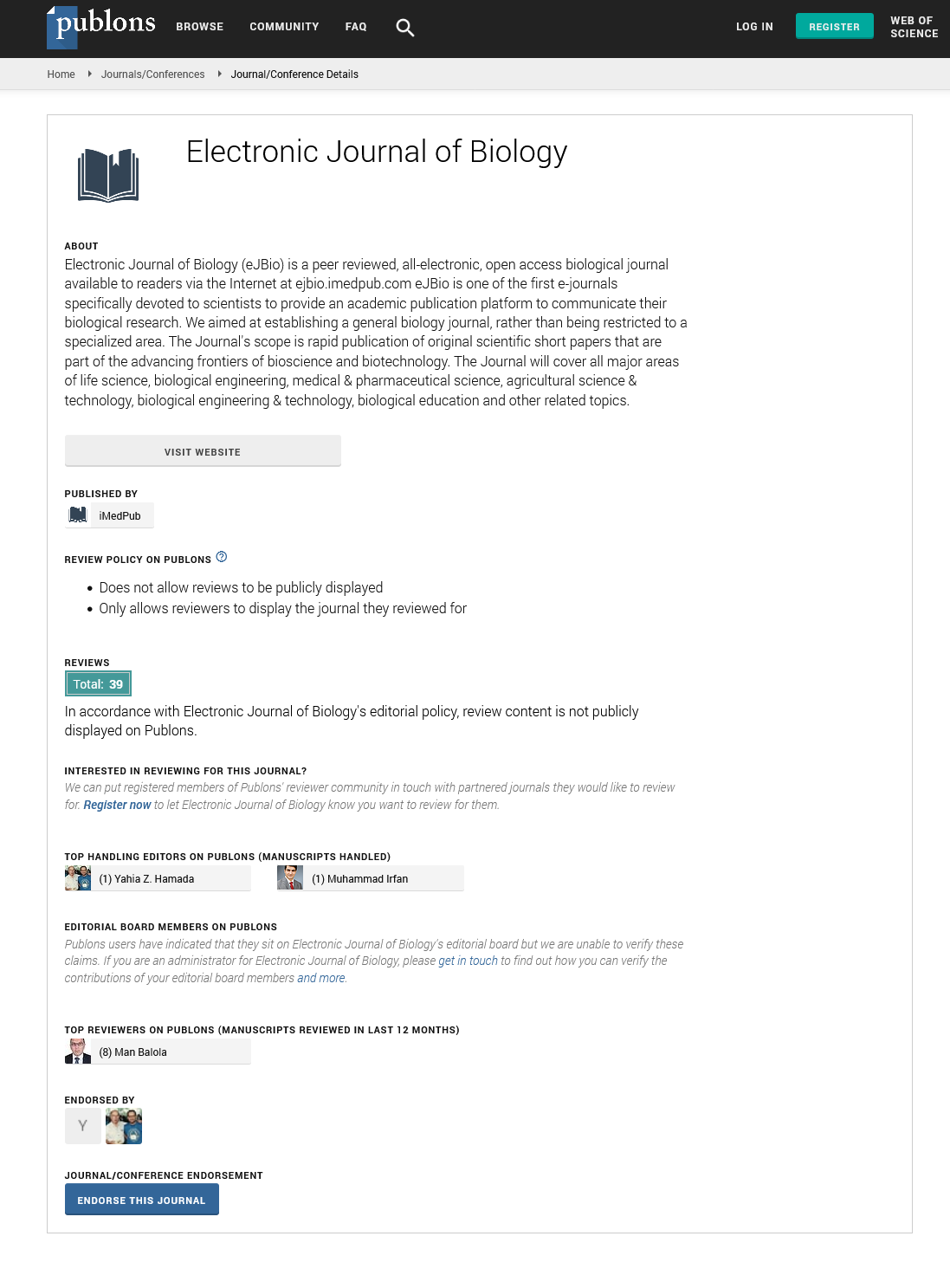Abstract
Synthesis and Toxicity Evaluation of Lead Oxide (PbO) Nanoparticles in Rats
Toxicological studies have shown increasing toxicity of nanoparticles compared to micrometer particles of the same composition; this has raised concern about the impact of nanoparticles on human and animal health. In this research, lead oxide nanoparticles (PbO-NPs) have been synthesized. The tissue distribution and toxicity of administered PbO bulk and PbO-NPs (?55nm) were investigated in a situation of 100% bioavailability. Male Wistar rats were treated with a single intravenous injection of PbO and PbO-NPs in sterile saline (5 mg/kg body weight, once a week) for 8 consecutive weeks. Lead, zinc and iron concentrations in brain, liver, spleen and kidneys were measured by using ICP-OES. Biochemical parameters in serum were also assessed to determine potential pathological changes. The Pb levels were highest in the kidney, followed in decreasing order by the levels in the liver, spleen and brain. The concentration of Pb in PbO-NPs exposed rats was more than PbO bulk group and lead exposure caused significant decrease on Hb and RBC levels and platelet counts. Exposure to PbO and PbO-NPs resulted in a significant decrease in zinc concentration in kidney and liver and iron concentration was also significantly decreased in liver and spleen.
Author(s):
Asghar Amiri, Marziyeh Mohammadi, Marziyeh Shabani
Abstract | Full-Text | PDF
Share this

Google scholar citation report
Citations : 5001
Electronic Journal of Biology received 5001 citations as per google scholar report
Electronic Journal of Biology peer review process verified at publons
Abstracted/Indexed in
- Google Scholar
- China National Knowledge Infrastructure (CNKI)
- CiteFactor
- Electronic Journals Library
- Zoological Records
- WorldCat
- Proquest Summons
- Publons
- MIAR
- Openaccessarticles.com
- Secret Search Engine Labs
Open Access Journals
- Aquaculture & Veterinary Science
- Chemistry & Chemical Sciences
- Clinical Sciences
- Engineering
- General Science
- Genetics & Molecular Biology
- Health Care & Nursing
- Immunology & Microbiology
- Materials Science
- Mathematics & Physics
- Medical Sciences
- Neurology & Psychiatry
- Oncology & Cancer Science
- Pharmaceutical Sciences


